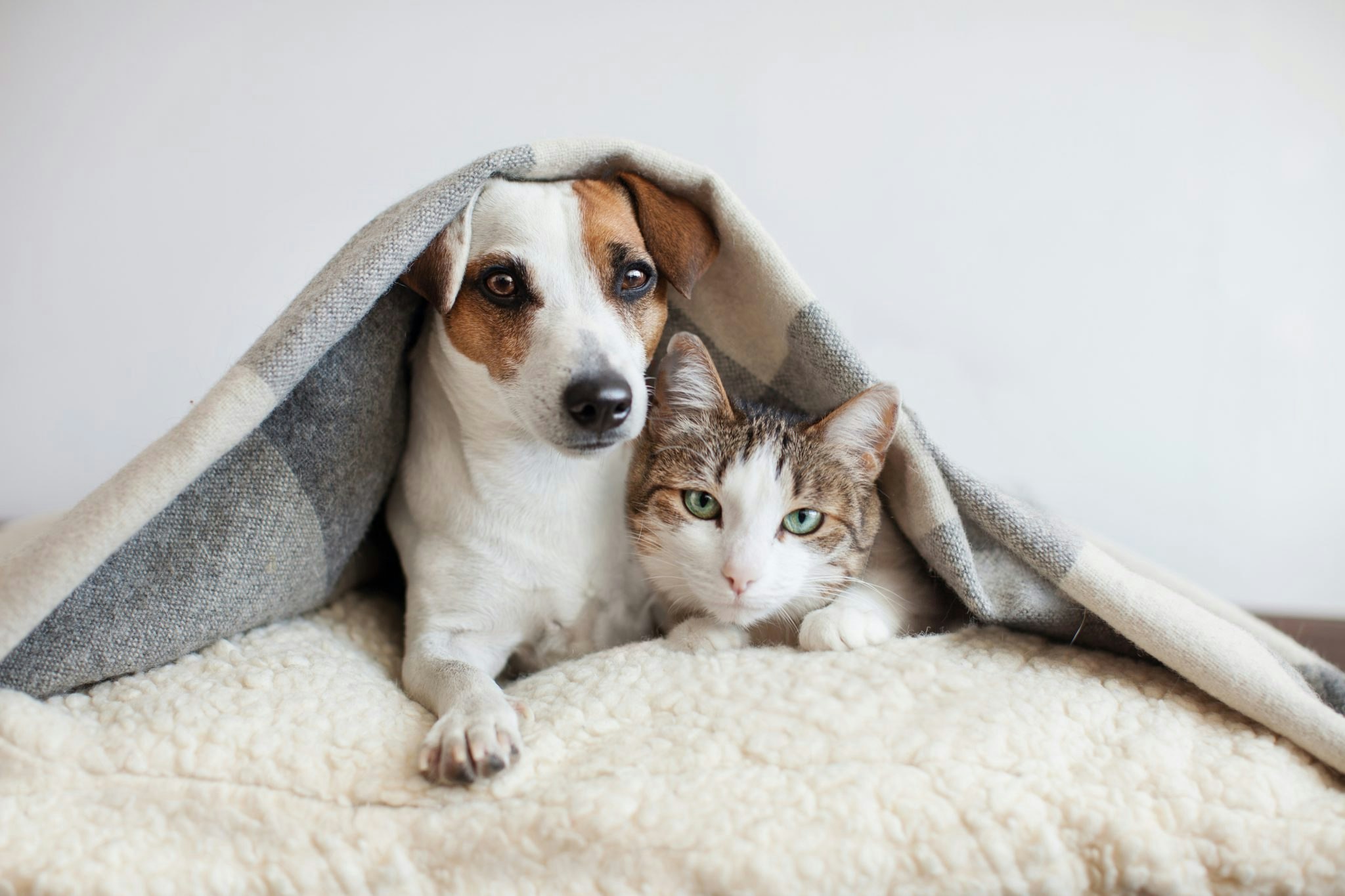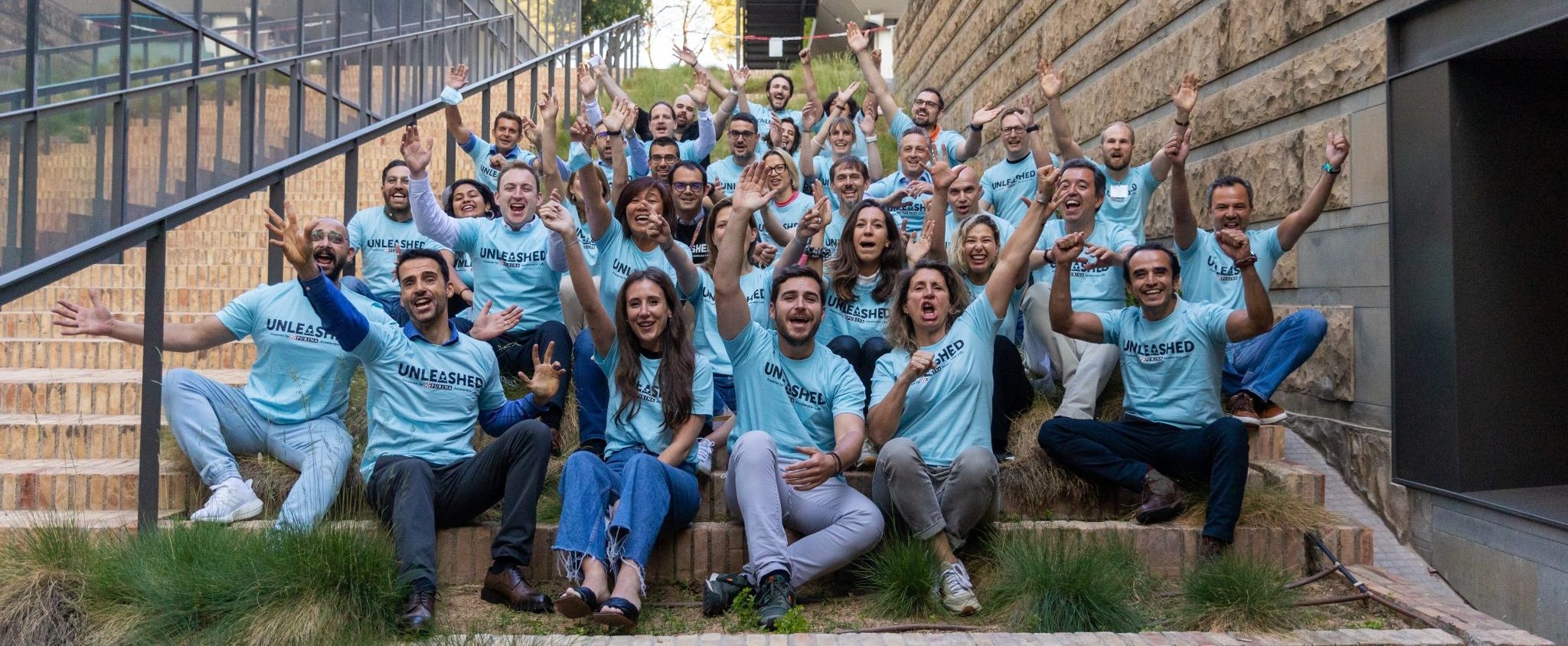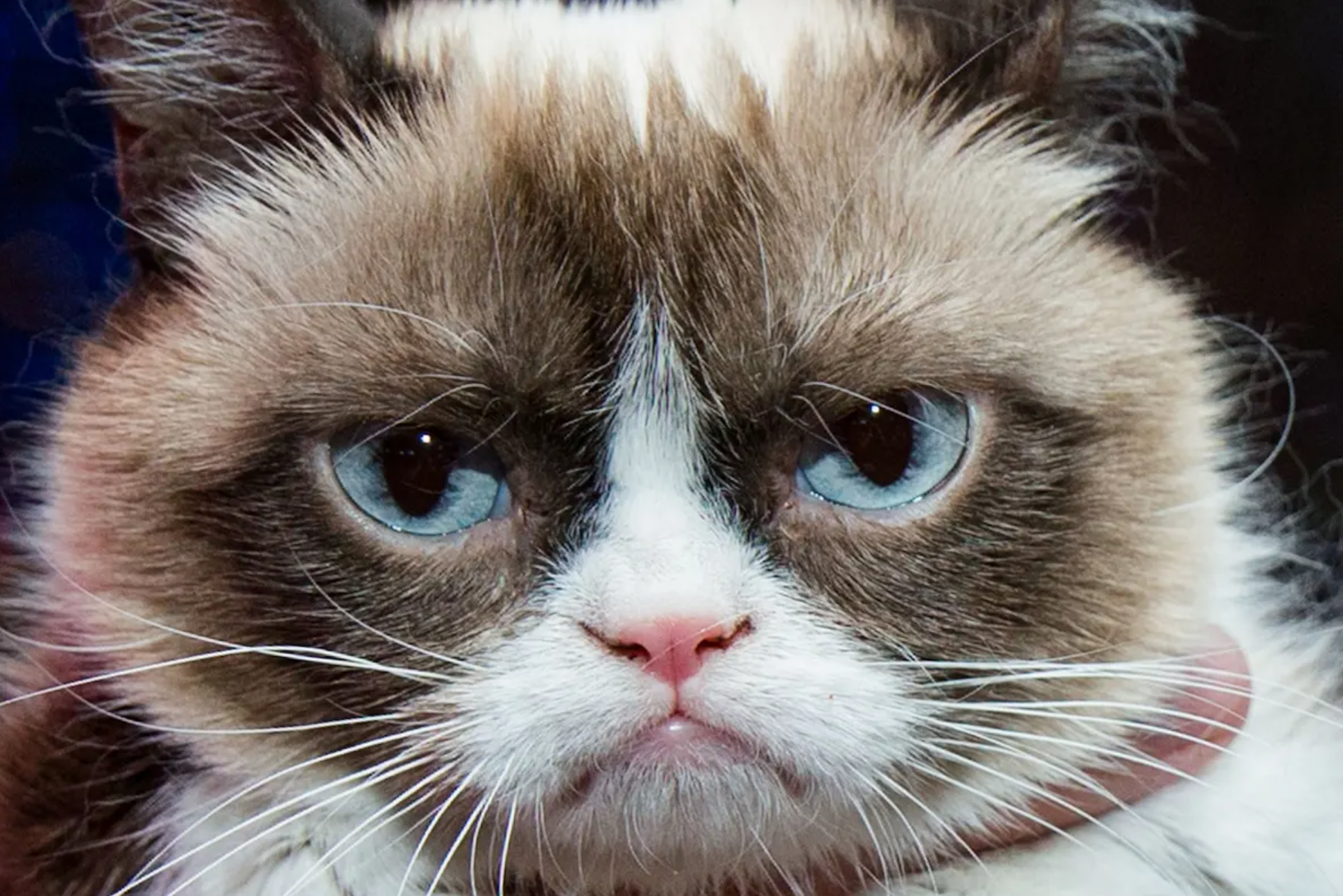The global plastic waste crisis is so serious that the UN has started work on a global treaty to tackle it.
But can the pet sector — which produces an estimated 300m pounds of waste annually in the US alone — clean up its act as well? These startups are trying to make it happen.
The op-paw-tunity
A lot of the plastic packaging used for pet products is made with non-recyclable or hard-to-recycle materials. As much as 99% of pet food packaging ends up in landfills or the ocean.
This love for animals is reflected in trying to be a better person for the pet owners and in being natural and sustainable
Warsaw-based Packhelp — a custom packaging platform that raised a €40m Series B last November — has seen an uptick in requests from pet companies across the continent, according to Artur Oboleński, its head of lab.
He reckons pet owners are more likely to take sustainability seriously, forcing brands to be more responsive. “The sustainability trend dominates all industries,” he says. “But this love for animals is reflected in trying to be a better person for the pet owners and in being natural and sustainable.”
Suwar Mert, CEO of Bower, the Swedish recycling app, agrees: “Pet owners are more environmentally friendly and sustainability-conscious.”
The bark side
Oboleński says the most frequent request for Packhelp — which works mostly with food and accessories companies in the pet space — is material substitution. This could mean moving from heterogeneous materials to mono-materials made of single polymers which are easier to recycle.
However, all substitutions bring trade-offs. The pet industry has shifted to softer plastics, which are admittedly harder to recycle using existing technology. But they are also lighter, and more can be packed into a shipment compared to rigid plastics, lowering transport-related emissions. Glass is more sustainable because it's easier to recycle, but it's also heavier to ship, and its production emits more carbon dioxide.
A feasibility study commissioned by the advocacy group Pet Sustainability Coalition, suggests the pet food industry — which predominantly uses multi-laminate flexible plastic packaging — could use existing technologies to shift nearly 80% of multi-laminate packaging to be recycle-ready by 2030.
Maximising recycling
Flexible packaging and soft plastics are increasingly used in pet food packaging, reaching 54% globally in 2020, but these materials are notoriously poorly recycled.
In the UK, most of these packages should not be thrown into regular recycling
Part of the problem might be consumers not knowing how to sort the waste in the different options. “A lot of these end up in the trash bin, in nature or landfills,” says Bower’s Mert. “In the UK, most of these packages should not be thrown into regular recycling. It should go to the closest special bins in supermarkets.”
The Bower app, which offers rewards for recycling waste, is working with consumer brands including Nestlé, Unilever, Mondelēz and Procter & Gamble. “More and more packaging is becoming 100% recyclable. All these major brands have targets. But 100% recyclable does not mean it is collected and ends up in the recycling bin,” he adds.
Consumers scan the barcode in the app and receive instructions on the nearest recycling facility. On completion, they receive points which they can redeem for vouchers, charitable donations or cash. Users also get to see how much CO2 they are saving — or the emissions-equivalent number of trips from Stockholm to Gothenburg, to make it more tangible, Mert says.
Bower earns a licence fee by giving a monthly aggregated report on how many items are scanned — which ones and where — which companies can then compare with their marketing activities, to understand in real time if their marketing is reaching their goals. They are present in the Nordic region and recently entered the UK, with around 400k users recycling over 2m packages a month.
Re-purr-posing waste
Some European innovators are taking circular packing to the next level, using plastic waste to create new products. GOTO-Sportwear is a new company making dog wear from recycled fishing nets and plastic waste.
We also promise our customers that when our products come to the end of their life, we will buy them back
Founded by Finnish entrepreneur Toni Koutu, who used to work in the navy, the products are made in partnership with a Portuguese ocean clean-up organisation, the SEAQUAL INITIATIVE. GOTO-Sportwear’s dog harnesses, leashes, collars and scarves use a combination of upcycled marine plastic (70%) and other recycled plastic waste (30%).
Innovations in manufacturing matter as much as recycling, according to Koutu. 90% of their customer base is in Europe, purchasing via the online platform or physical retailers.
“We also promise our customers that when our products come to the end of their life, we will buy them back,” he says. “We don’t want them going back to waste. We recycle all of those again.”
This article first appeared in our monthly Unleashed pet tech newsletter, a collaboration with Purina Accelerator Lab. All content is editorially independent. Sign up to our newsletter here to keep up to date with the latest goings on in the European pet tech industry.


